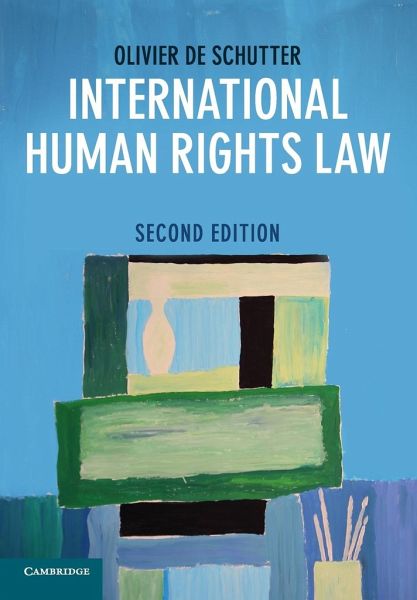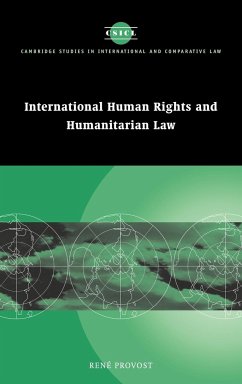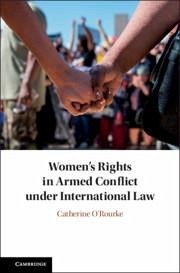
International Human Rights Law
Versandkostenfrei!
Versandfertig in 1-2 Wochen
68,99 €
inkl. MwSt.
Weitere Ausgaben:

PAYBACK Punkte
34 °P sammeln!
This accessible introduction provides a comprehensive survey of program music from the late eighteenth to the early twentieth century. Exploring works by Beethoven, Mendelssohn, Berlioz, Liszt, Saint-Saëns, Mahler, Strauss, and others, it sets the ideas and repertoires of program music in context, with numerous illustrations and music examples.














